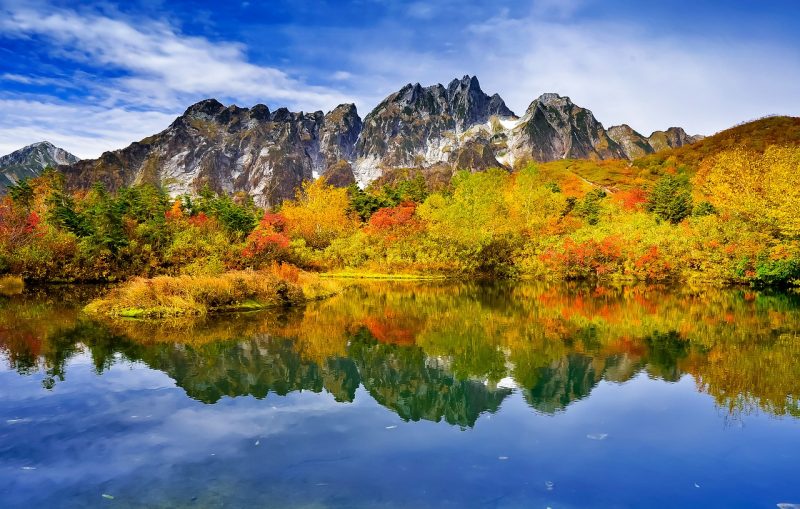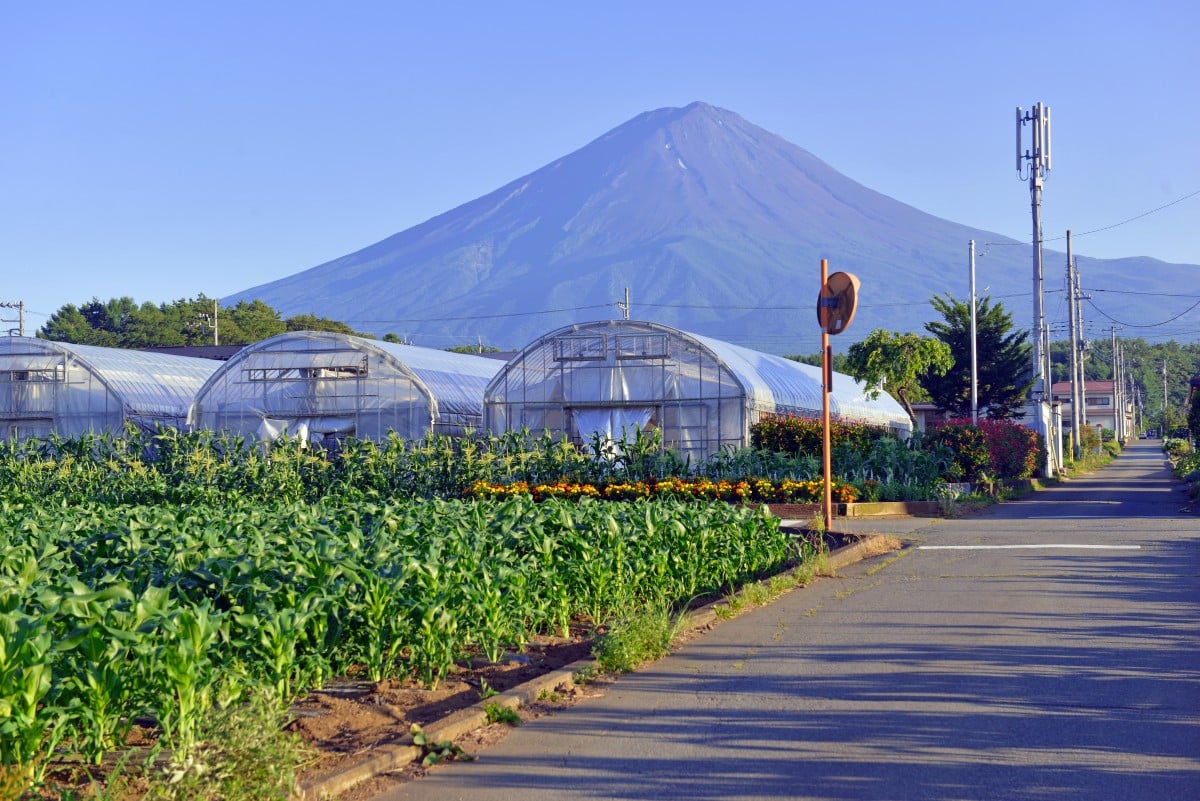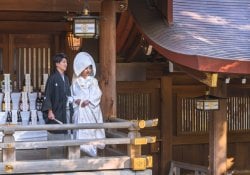Ever wondered how to say mountain in Japanese language? The Mountain Ideogram 「山」 is seen by beginners of the Japanese language, but do you know the different ways to refer to mountains besides Yama?
Mountains are an important part of Japanese geography and culture, including nearly 80% of the country are mountain terrain. The ideogram “yama” (山) is pictographic and literally represents a mountain.
The mountain is an important symbol in Japanese culture, and is often seen as a sacred place where gods and spirits are worshiped. Even city names in Japan are named after the ideogram of mountain.
We recommend reading:
- The famous Japanese Alps - Hisa, Kiso, and Akaishi
- How to climb Mount Fuji? Complete Guide
- The best places to see Mount Fuji
Índice de Conteúdo
The Yama Mountain Ideogram (山)
The character “yama” (山) is one of the oldest and most important characters in Japanese culture, and is often used to represent mountains in the Japanese language.
The "yama" ideogram is composed of two elements: the radical "San" (三), which means "three", and the radical "hen" (艮), which represents the idea of "stop" or "containment". These elements together form the meaning of the mountain, which is seen as a solid, motionless and majestic object.
In addition to mountains, the "yama" ideogram is used in other Japanese words related to elevations, such as "Nagayama" (長山), which means "long mountain", and "Fuyuyama" (冬山), which means "winter mountain".
It is also used in common expressions such as "Yamazumi" (山積み), which means "stacked as a mountain", or "Yamahako" (山穂), which refers to rice ears that resemble mountain peaks.
The ideogram “yama” is also an integral part of Japanese culture, being seen in different contexts, such as art, literature and religion. The image of the mountain is often associated with the idea of overcoming, due to its grandeur and the challenges it represents for those who climb it.
As such, the mountain image is often used in Japanese expressions, such as "Yamaaruki" (山歩き), which means "Walk on the Mountain", or "Yamabiko" (山彦), which refers to the echo that occurs in mountainous regions.

Different Ways to Say Mountain in Japanese
There are several ways to refer to hills and mountains in Japanese. Here are some of the main ones:
- 山 (Yama) - this is the most common way of referring to a mountain in Japanese. It is used to describe any type of mountain, from small hills to large peaks.
- 岳 (Dake) - this word is generally used to refer to high and majestic mountains. It is often added to the end of a mountain's name to indicate that it is an important or challenging mountain. For example, Mount Fuji in Japanese is called Fuji-san or Fujisan, while Mount Everest would be called Erebazu-dake.
- 峰 (Mine) - this word is used to refer to the peak or top of a mountain. It is often added to the end of a mountain's name to describe the top or peak of the mountain. For example, the peak of Mount Fuji is called Fuji-no-mine.
- 坂 (Saka) - this word is used to refer to a slope or slope of a mountain. It is often added to the end of a mountain's name to describe the slope of the mountain. For example, Mount Hiei in Japanese is called Hieizan, and the northern slope of the mountain is called Hiei-no-saka.
- 隆起 (Ryūki) - this word is used to refer to mountains that were formed by geological activity, such as volcanoes and mountains created by earthquakes.
In general, Japanese culture places a high value on mountains and nature in general. Mountains are considered sacred places, where many temples and shrines were built, and many people practice mountaineering and hiking to appreciate the natural beauty of these regions.

Mountains called “San”
Have you ever wondered why some mountains in Japan are called "San"? The suffix "San" is often added at the end of the mountain name as a way of expressing respect reverence.
In addition to the famous name Fuji-san, there are many other mountains that end up gaining this reading in the ideogram of Yama (山). See below:
- 筑波山 (Tsukubasan) – a mountain in Ibaraki Prefecture.
- 白山 (Hakusan) - A mountain in the province of Ishikawa.
- 羊蹄山 (Yōteizan) – a mountain in Hokkaido Prefecture.
- 伊豆山 (Izusan) - A mountain in Shizuoka province.
Although it has no direct connection, the suffix "San" used after the names exemplifies the meaning well. It's as if we were saying "Mrs. Mountain". The goal is the same, show respect!




